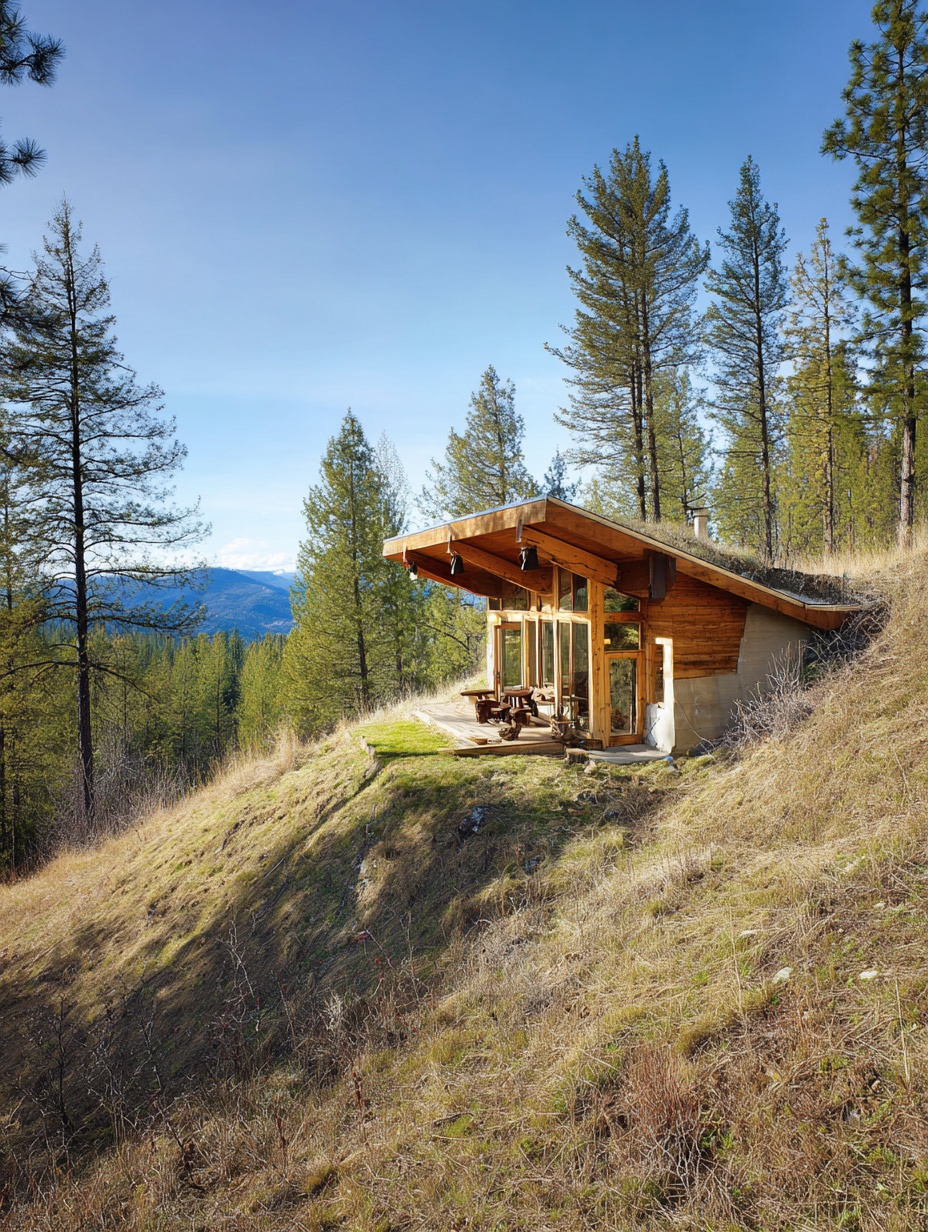Off-Grid Internet and Communication: Connecting in Remote Areas
In today’s interconnected world, staying connected is crucial, even in remote off-grid locations.
Whether you’re seeking a sustainable lifestyle or venturing into wilderness, reliable internet and communication options are essential.
In this article, we explore various solutions and strategies to help you stay connected and maintain communication in off-grid and remote areas.
Satellite Internet
Satellite internet is a popular choice for off-grid communication. It relies on satellites in space to provide internet access, bypassing the need for traditional infrastructure. While it can be costly and might have limitations on data usage and latency, satellite internet offers widespread coverage, making it suitable for even the most remote locations.
Cellular Data and Mobile Hotspots
In areas with cellular coverage, cellular data plans and mobile hotspots can be viable options for internet connectivity. Utilizing the cellular network, you can access the internet through smartphones, tablets, or dedicated hotspot devices. Research the coverage maps of different service providers to determine the best option for your off-grid location.
Wi-Fi Extenders and Boosters
If you have access to a nearby Wi-Fi network, using Wi-Fi extenders or boosters can help amplify the signal and extend the range. These devices capture the existing Wi-Fi signal and enhance it, allowing you to connect from a greater distance. This solution can be particularly useful when living near public places or shared facilities that offer Wi-Fi.
Mesh Networks
Mesh networks are decentralized networks that use interconnected nodes to extend internet coverage over a wide area. This technology allows you to create your own local network in off-grid locations by connecting devices to form a network mesh. Mesh networks are flexible, scalable, and can provide reliable communication within a limited range, making them suitable for small off-grid communities or homesteads.
Radio Communication
In areas without internet access, radio communication can serve as a reliable means of off-grid communication. Amateur radio (HAM) operators, citizen band (CB) radios, or walkie-talkies can facilitate communication within a specific range. Obtaining the necessary licenses and learning the protocols and frequencies for radio communication are essential before relying on this method.
Off-grid living doesn’t mean you have to disconnect from the world.
With the right strategies and solutions, you can stay connected and maintain communication in remote areas.
Explore options such as satellite internet, cellular data, Wi-Fi extenders, mesh networks, and radio communication, depending on the availability and specific requirements of your off-grid location.
Remember to research the pros, cons, and associated costs before making a decision.
Stay connected and enjoy the benefits of off-grid living while remaining connected to the wider world.





